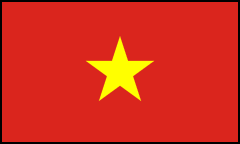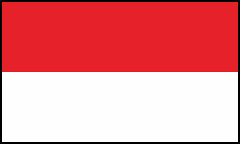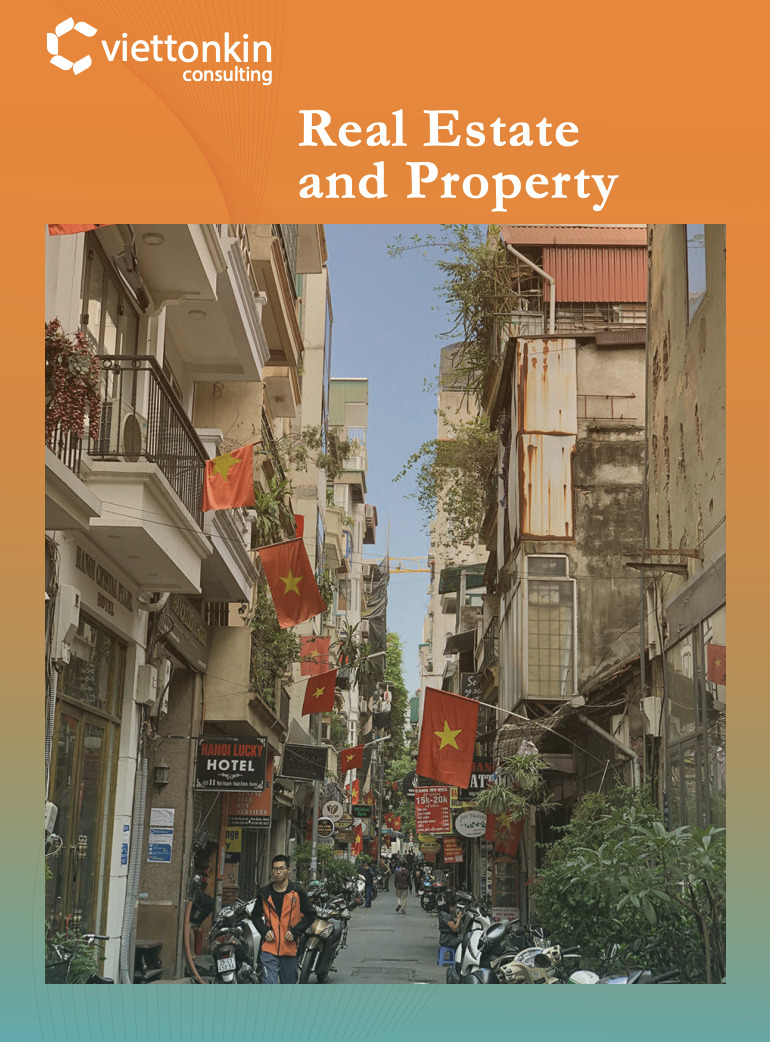In many analysis articles related to the effect of COVID19 on businesses, the tourism industry across the world is affected directly and negatively during the pandemic. Obviously, the number of foreign and domestic tourists in a lot of countries has been reduced dramatically because of the policies of the government such as flight limitation. Meanwhile, in case, the pandemic is on downward, the industry still needs to prepare health protection methods for customers, then gradually, it can be at the peak again. The article gives you insights about Vietnamese tourism during the Coronavirus pandemic and presents some examples of how travel agents in Vietnam respond to hardship.
The impacts of the Coronavirus pandemic on Vietnamese tourism
Tourism is among industries hit hardest by the Coronavirus. Since the pandemic spread in many nations, there has been a huge decline in the number of foreign tourists, the number of the room occupied, consequently in general revenue.
According to Vietnam National Administration of Tourism (VNAT), it was estimated that Vietnamese tourism got 2 billion VND loss per month, which meant that the industry lost around 7 billion VND in the first quarter of 2020. In particular, in terms of the Chinese market (the biggest market to Vietnamese tourism), the number of visitors dropped 90% - 100% (1.7 to 1.9 million visitors). With the average expense per each Chinese travelers, Vietnamese tourism lost 1.8 - 2 billion USD. Regarding to the other tourism market, there has been a reduction of 50% to 70% in foreign tourists. Then it was estimated to decline by 2.2 to 2.3 billion USD.

In terms of the domestic market, the number of tourists reduced by more than half with a total loss of up to 1.9 to 2.7 billion USD. The reasons behind such a sharp decline lie in the policies of the government: China restricts the number of inbound tourists and Vietnam also has regulations in limiting the number of flights to virus-hotspot countries.
According to Mr. Mauro Gasparotti, General Manager of Savills Hotel in Asia-Pacific area, COVID-19 has affected Vietnamese tourism in three aspects including the number of Chinese tourists, the number of foreign tourists to Asia and Southeast Asia, and the lower demand of domestic travelers. Furthermore, MICE tourism in cosmopolitan cities such as Hanoi and Ho Chi Minh city has been cancelled as well. International business meetings are delayed or called off, hence the number of business travelers or MICE tourists is reduced considerably. Due to the new policy of banning international tourists and warning domestic visitors, room occupancy in the first three weeks of March dropped dramatically to single digit in many destinations in Vietnam. In particular, Danang and Hoi An are two attractions affected tremendously because these two destinations were the most popular places in the eyes of Chinese and Western tourists. A variety of properties have an occupancy of below 10% and are considering temporary closure.
Mr. Nguyen Quoc Ky, general manager of Viettravel, shared that “It is hard for us to cope with the unexpected events like the pandemic, but I think it is also a time for the tourism, in general, evaluate how we depend on the Chinese market. Hence, we should find out methods to diversify markets.”
Prediction about Vietnamese tourism and solutions and after the pandemic
Mr. Nguyen Quoc Ky predicted that until the second quarter of 2020, businesses could return the normal pace of organization and if the situation soon became positive, then the revenue this year would equal to the last year.
Regarding to macro-solutions, VNAT has proposed a number of solutions to the government to overcome difficulties and minimize the dependence on Chinese tourist market which accounts for 30% of total tourists in Vietnam.
VNAT has come up with 4 main solutions. First, Vietnamese tourism should restructure its targeted market. India needs to be exploited because it is the second most populated country and shares similarities with Vietnamese culture. Meanwhile, it is important to maintain the growth of the Southeast Asia market to destinations in Vietnam because the number of Thai tourists has increased by 4%.
The second method is to promote the country’s reputation, culture and deliver an image of Vietnamese people who are always hospitable and welcome all tourists. The promotion can be improved by marketing campaigns at international travel festivals or travel fairs. Besides, VNAT also prepares stimulus packages to lure travelers when the pandemic is controlled completely.

Third, the link between tourism and aviation should be enhanced. The cooperation between airline companies and the tourism organization is essential because in-flight marketing can help visitors have a positive sense of our nation. Then word-of-mouth is the most effective measure to promote tourism. Recently, the VNAT has signed a cooperation agreement with Vietnam Airlines and Vietjet Air to assist in implementing promotion campaigns and create favorable conditions for tourists coming to Vietnam.
Last but not least, it is significant for tourism businesses to work closely with localities to develop new products when the demand increases again. For example, tourism companies and localities share correct information about the disease, conduct epidemic combating to prevent the Coronavirus from spreading within the tourist spots. The pandemic causes a lot of difficulties for the industry, but it is also a time to research new products, services and improve the quality of human resources.
How do tourism businesses respond to Coronavirus pandemic?
COVID-19 has proved the importance of online platform and technology applications in tourism. Amid the quick spread of the pandemic, many Vietnamese tourism companies use the Internet to deliver their services. In fact, before the pandemic, many companies have invested in online platforms to provide services to customers and improve the customer’s journey while experiencing the company’s service. For instance, Saigon Tourist, a tour operator, established its online scale business at the end of 2019. Thanks to focusing on digital marketing, sales on its fanpage on Facebook grew sharply and its online revenue reached 110 billion VND ($4.6 million).
Case studies: marketing strategy of Vietnamese tourism companies
Like many other businesses, travel agents have their own ways to spread meaningful messages. Begodi Vietnam, a travel agent, has shared a message from the Director of Sales and Managers which encouraged customers to stay at home and follow the guideline of the government. Besides, the company also offers discount vouchers relaxing at high-end resorts within Vietnam when the pandemic is over. These vouchers will boost the rate of pre-booking and revenues during the low demand of travel due to the pandemic.

Hashtag “stay at home and wait for summer to travel” (Source: Facebook Begodi Vietnam)
Luxstay launched the campaign “Be safe with Luxstay”. The campaign ensures that customers will be provided accommodations, homestays that are safe and out of distance from places required to self-quarantine. “Be safe with Luxstay” is a meaningful campaign that Luxstay team would like to express their responsibility to the community. The campaign highlights three key points: top places with reasonable price providing convenient spaces for work from home, super discounts from 20% to 50%, friendly hosts and safe accommodations which are equipped with hand sanitizer, body temperature check and decontaminated before checking in.

Source: Facebook Luxstay
Besides the tourism industry, you can gain insights about Vietnamese F&B during the Coronavirus pandemic at Viettonkin's blog.
All in all, it is undeniable that the Coronavirus has negative effects on tourism across the world in general and in Vietnam in particular. No one can predict the unexpected event like the pandemic; however, businesses can take advantage of this time to restructure business models, research and develop new campaigns or new products when the pandemic is controlled. Staying at home now is what you can help your country and after the outbreak, traveling never late. Stay safe, guys!










